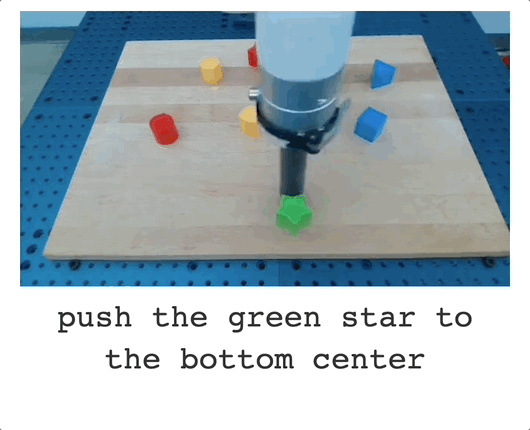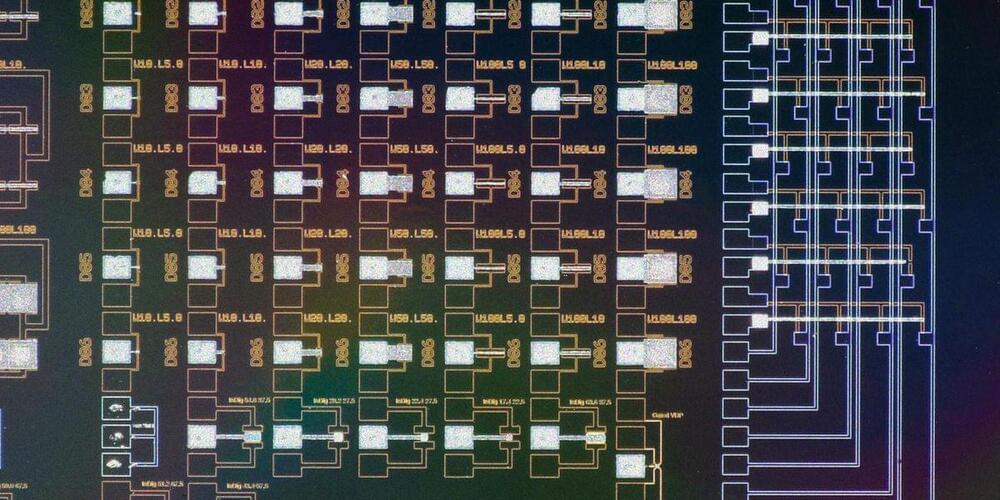A textbook theory for the freezing of water also explains the growth of a new phase in a more complicated phase transition of a different material.
When water freezes, the ice forms first in “nuclei”—tiny seed crystals that can grow or shrink and survive only if they reach a minimum size—at least according to the textbook theory. Researchers have now shown that this understanding also applies to a more complicated phase transition in vanadium dioxide (VO2), a material whose electrical properties and crystal structure both change at its so-called metal-to-insulator phase transition [1]. The team measured the threshold size for the “seeds” that drive this transition and demonstrated a new technique for studying crystal structure transitions. The result suggests that the classical nucleation theory is valid for a range of materials that are important in areas such as catalysis, lasers, and alloy and ceramic manufacturing.
Place a bucket of purified water in a subfreezing-temperature environment, and tiny ice seeds will start forming. Many will quickly dissolve, but those that are larger than a certain threshold size will grow and eventually merge to make a single block of ice. This view of crystallization, associated with classical nucleation theory, has been well accepted for the water–ice transition. Junqiao Wu of the University of California, Berkeley, and his colleagues wanted to test whether the same nucleation phenomenon is at play in VO2 when it makes a transition from one crystalline structure to another.







